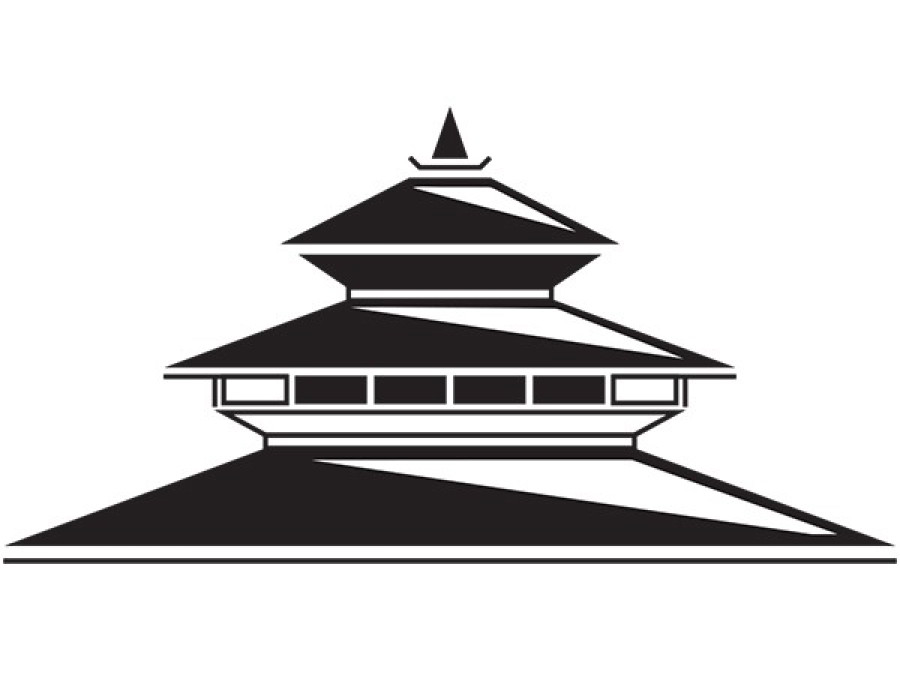Editorial
School of thought
Education reforms are necessary to create a new generation capable of thinking flexibly
There have been significant reforms in the secondary education sector in recent years. Two years ago, Grades 11 and 12 were brought under the regular secondary school sector (it had previously been classified under a separate ‘intermediate’ category). This was meant to bring Nepal’s secondary education sector in line with international practice. The Curriculum Development Centre has now taken a decision to reform the curricula for Grades 11 and 12. Previously, students entering Grade 11 had to choose between four streams: Science, Management, Humanities and Education. Under the new plan the four streams have been replaced with a single one. This means that students will no longer have to choose which stream to enter.
The decision to create a single stream all through Grade 12 is an appreciable one. This will give students greater flexibility and freedom to choose their field of study in the future. Under the previous system, many students were confused about what to study after Grade 10. Many of them were too young to know what exactly they wanted to do in life. But the old system locked students into their choices, often determining their careers for decades. Students who took up one stream but found that they did not like it had to go through significant trouble to change their streams. Now, under the new system, they have been given greater leeway over their choice of subjects and the direction of their career.
Furthermore, large numbers of students under the old system chose their field of study based on the marks they received in Grade 10. If they received very high marks, they would enter the Science stream. If they received lower marks they would enter Humanities or Education. An implicit hierarchy was thus created within the education system. A perception emerged that Science students were superior to Management or Humanities students. The elimination of the four-stream system should help end this hierarchy. Perhaps it will encourage people to recognize that Management and the Humanities are as essential to society as science.
It would be a problem if the new system of a single stream forced all students to study the same thing. Forcing a single, rigid curriculum upon everyone would be worse than fitting them into various streams. Fortunately, there are plans to offer plenty of options to students. Three of the five subjects that students will have to take in Grades 11 and 12 will be electives. Such measures will enable students to explore various subjects before determining what suits them best. It is also to be hoped that at least a few available courses will deal with local and provincial issues, and offer instruction in the mother tongues of Nepal’s diverse population. Such reforms are essential if Nepal is to create a new generation capable of thinking flexibly, with knowledge about their own local conditions, and with the ability to empathize with diverse points of view.




 9.89°C Kathmandu
9.89°C Kathmandu














